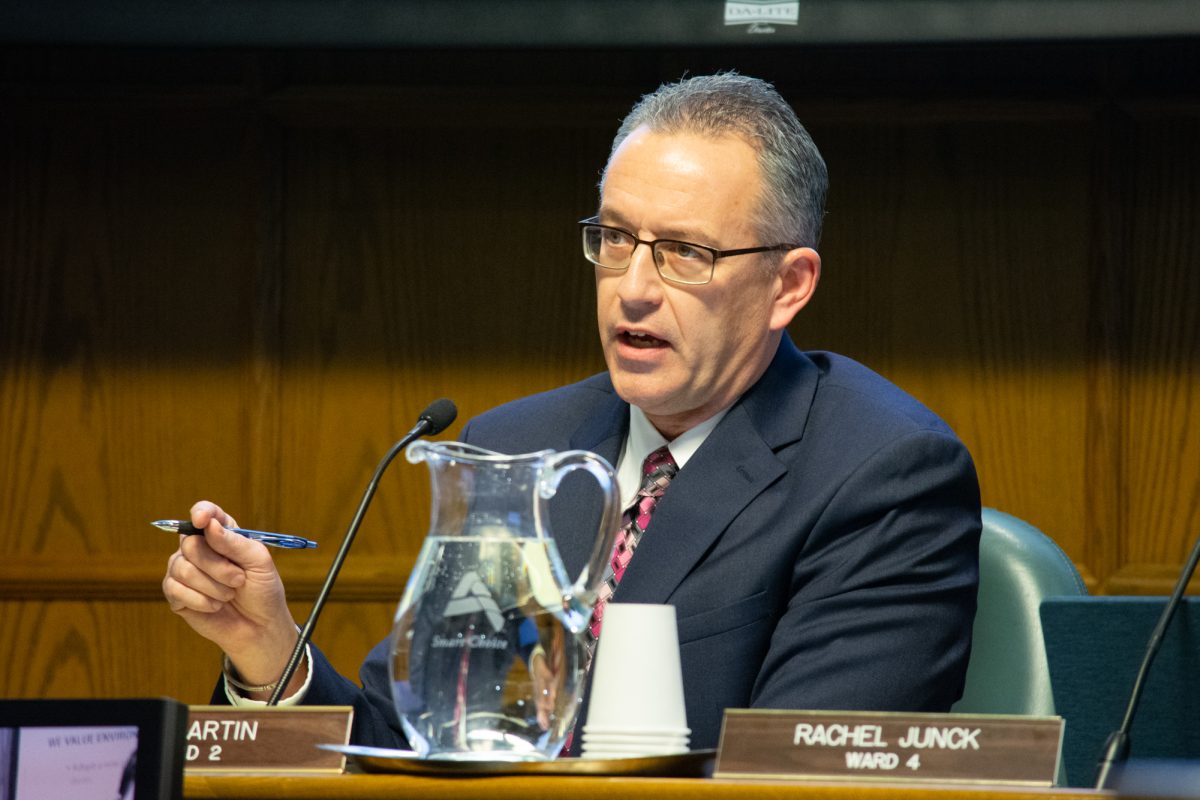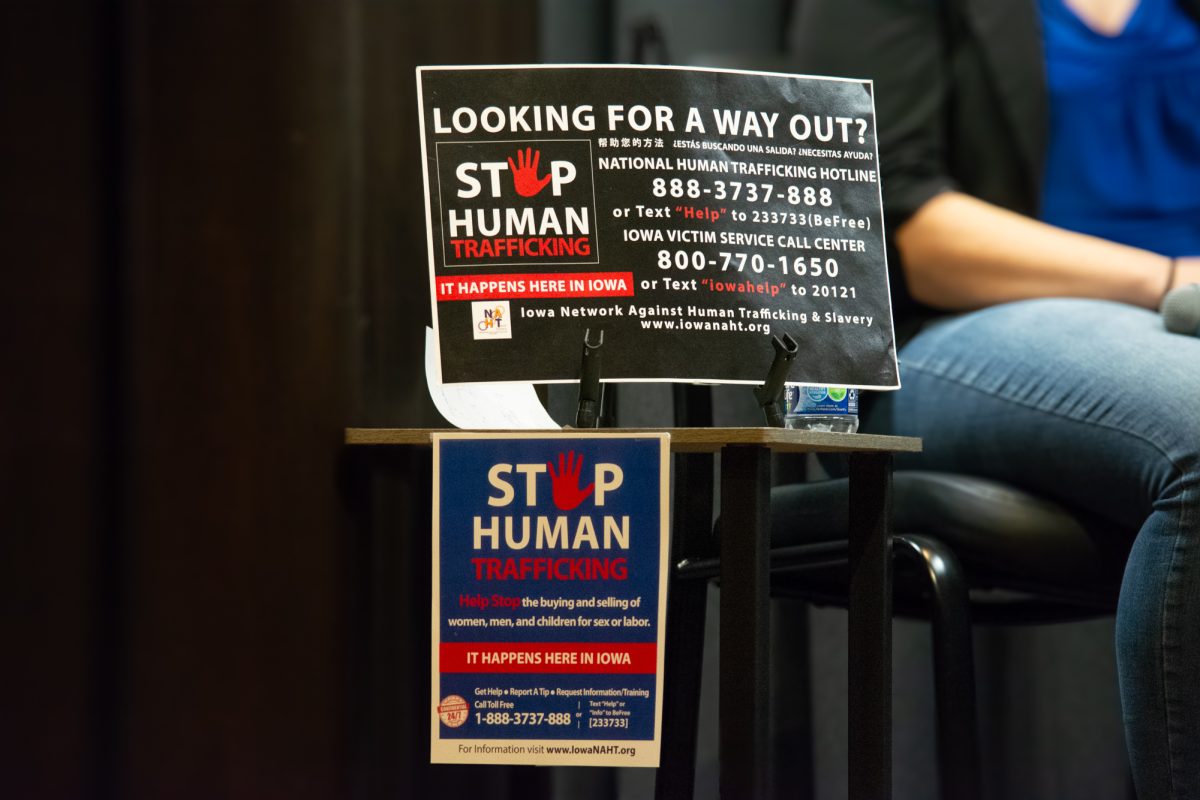A study in chimps: The killing of Foudouko
Jill Pruetz, anthropology professor, has conducted further research on chimpanzees. For almost 16 years, Pruetz has studied chimpanzees in a Savannah habitat in Senegal. She focuses on different habitats, as well as how ecology changes their behavior. Most recently, Pruetz wrote a paper on a rare event about an alpha male chimpanzee’s death. Her findings show that the alpha male had fallen from his position and stayed on the fringe of the group, until attempting to take his position back. This resulted in chimpanzees killing the former alpha male, and its observations of how other chimpanzees treated the body.
February 8, 2017
Jill Pruetz, professor in anthropology, and colleagues witnessed a tribe of chimps brutally kill and cannibalize their former alpha chimpanzee, Foudouko, in 2013.
Since 2001, Pruetz has been part of a study on the Fongoli Chimpanzee Project in Senegal, Africa. Her work is to observe how chimpanzees living in the savannah of Senegal deal with the harsh environment. The purpose of the study will hopefully provide insights into how the bipedal primates survived in similar conditions.
After witnessing the rare killing of Foudouko, Pruetz said, “It was horrible to see someone desecrate a dead body.”
Five years earlier, Foudouko was exiled from his group. During his exile, he lived alone, which was quite rare for a chimpanzee. They are thought to be social animals, settling in groups.
Foudouko received some sympathetic interactions from fellow loyal friends, Mamadou and David, who both held high ranks within the group. His visits, though from a reasonable proximity, became more frequent.
“We would see him maybe once a year. He would just be there, hiding in the grasses. And we thought we should write about that because you don’t hear about this,” said Pruetz.
Driven by his loyal allies like Mamadou, Foudouko began to close in and regain his title. Puertz admitted that in usual cases, alphas that are deposed sometimes return, but concede their former ranks.
“No matter how strong they are they come back low because all the other males will join together to make sure of it,” said Puertz. “Foudouko had the top two high ranking chimps as his allies. He was really trying to come back high. They used to chase him, we use see them chase him out.”
A video feed conducted by her team captured the brutality of the incident. Amidst a gang of chimpanzees, laid the corpse of Foudouko, ravaged by bite marks and claws. His body was cannibalized by mainly females which raised more questions to the rationale behind the brutality.
“That night, we never heard anything like it,” Pruetz said. “As primatologists, we tend to look at similarities and try to identify with them; that’s why we study chimps. We think that our lineage split from the chimpanzee lineage about six or seven million years ago. That sort of brutality, fortunately, I have never seen that in a person.”
In order to reconcile the violence and emotions Pruetz and her team witnessed in the chimps, she decided to speak with an expert from Senegal’s neighboring country, The Gambia. Cases like these rarely occurred in the West African country, and the variables that could have been potential suspects causing the incident were too many.
“Personally, I suspect it was partly competition, but then partly retaliation. It’s hard to say,” Pruetz said.
However, one thing was for certain: Foudouko’s reign was tyrannical.
“Foudouko was an aggressive alpha,” added Pruetz. “The males were frightened of him even after he died. They came back and they could smell where we had set him down before we put him in the grave. They were so nervous so they seemed to think that he survived.”
The aftermath of the incident took a toll on Foudouko’s loyal ally, Mamadou, who suffered attacks from a younger male a day after the incident. Less than a year later, the group ostracized Mamadou. Fortunately, Pruetz and her team are collecting fecal samples to conduct genetic testing in order to trace his whereabouts.
“It must have been two years since we saw him. It seems like he is out there somewhere,” said Pruetz.







